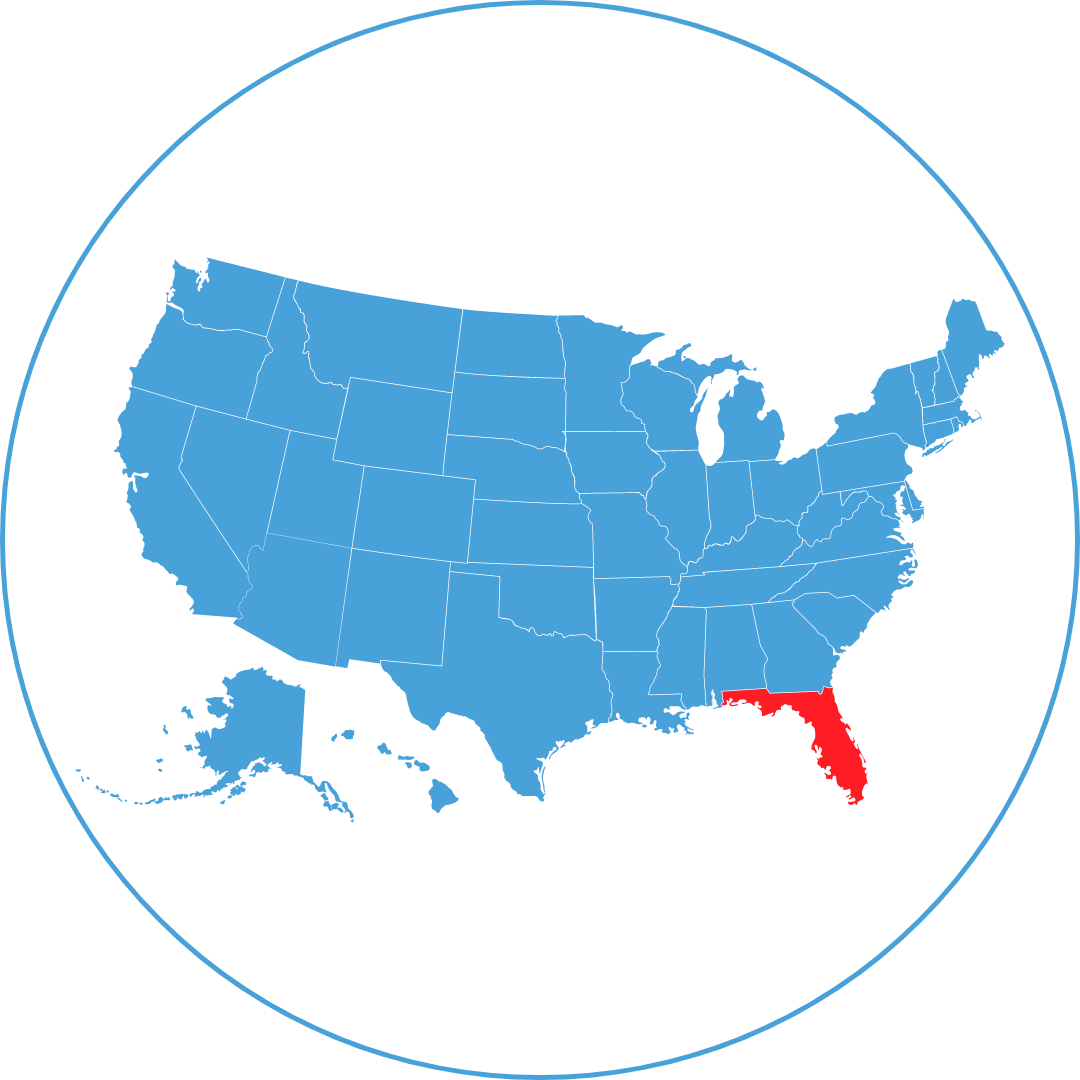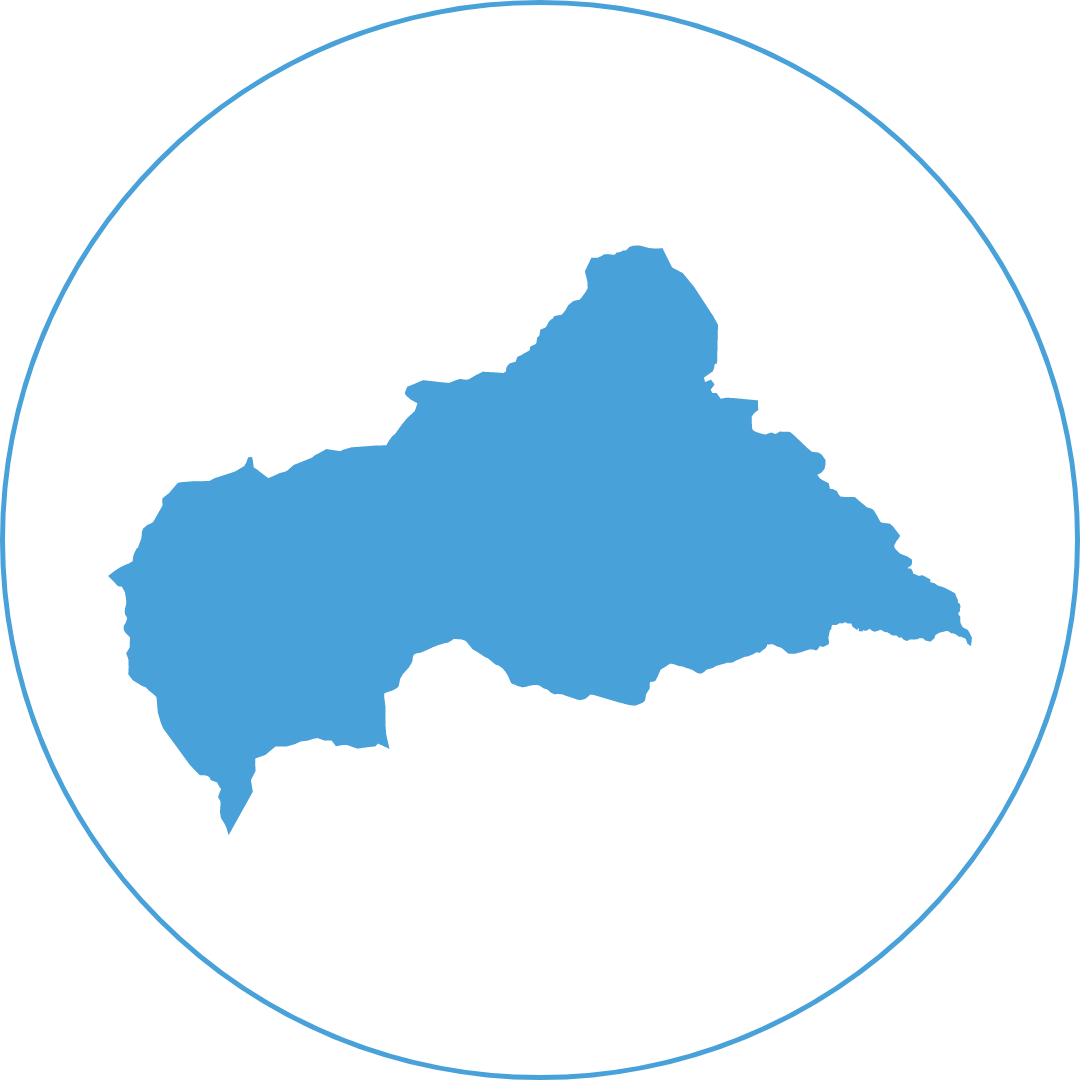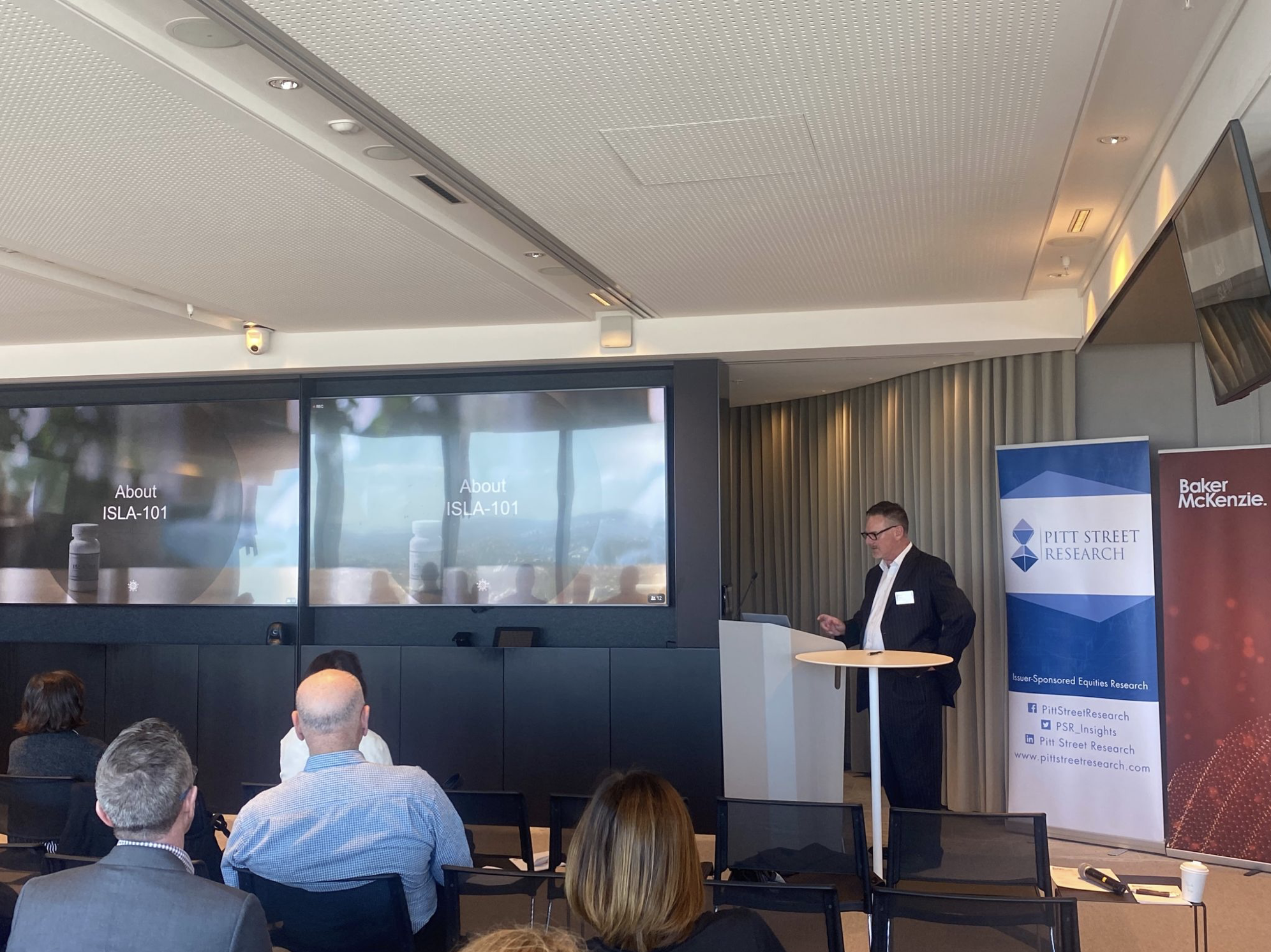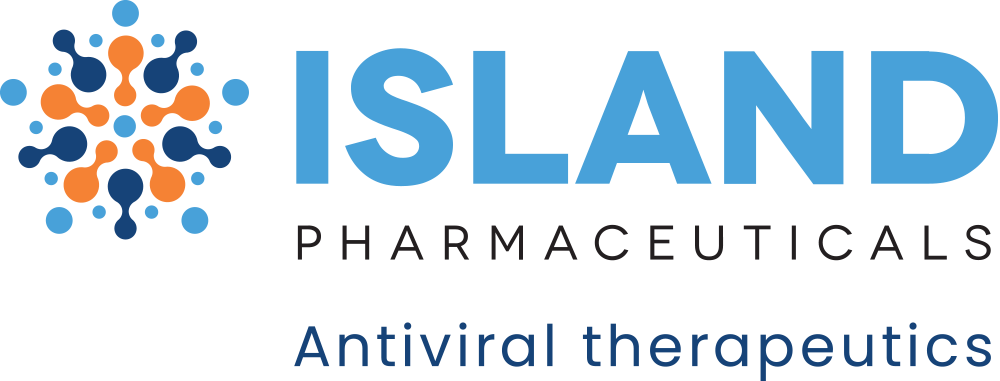Welcome to the September edition of IslandWatch! As the warmer months near their end in the northern hemisphere, that part of the world has been experiencing peak mosquito season. A US epidemiologist warned this month that August and September are historically the worst months for mosquito-borne disease in the US, as mosquitoes have had the time to grow over summer and then transmit more viruses towards the end of the season.
Notably, last week, the New York State Governor issued a Declaration of Imminent Threat to Public Health after the State saw the first death from a mosquito-borne virus (eastern equine encephalitis, EEE) since 2015. The Governor announced a series of statewide actions and unlocked State resources to help support EEE prevention response and activities by local health departments.
Further in this issue of IslandWatch, we will bring you updates on global dengue developments, including rising outbreaks in Nepal, Orlando, the Philippines and Central Africa. On the company front, we are very pleased to share some exciting updates from this month, including important progress regarding our strategy to diversify our drug assets targeting viral diseases. Keep scrolling to learn more!
Dengue Live Map, as of 26 Sept 2024


Credit (click to check live dengue status): https://www.healthmap.org/dengue/en/
HEADLINES OF THE MONTH
 |
Nepal assembles dengue health teams
Nepal is experiencing a record rise in dengue cases, driven by a combination of extreme weather patterns, including heavy rains and heat. This surge is alarming health authorities, who are working to contain the situation.
Read more
|
 |
Dengue alert in Orlando
Orlando reports its 12th local dengue case in 2024, pushing health officials to ramp up mosquito control and awareness efforts.
Read more
|
 |
First northern dengue cases detected in Taiwan
This year’s first cluster of dengue fever cases in northern Taiwan was detected in New Taipei City.
Read more
|
 |
Central Africa: unexpected emergency
An unprecedented dengue outbreak hits Central Africa, with cases concentrated in Bangui, straining already fragile health systems.
Read more
|
 |
Dengue and long-term health implications
A study by NTU Singapore found that 55% of recovered dengue patients face increased long-term risk of heart complications compared to COVID-19 patients.
Read more
|
LATEST ISLAND PHARMACEUTICAL UPDATES
This month, Island announced the execution of a binding agreement with US-based, NASDAQ-listed biotech company BioCryst for the acquisition of the galidesivir program. Galidesivir is a clinical-stage antiviral molecule with a broad spectrum of activity in over 20 RNA viruses, including high-priority threats such as Ebola, Marburg, MERS, Zika, yellow fever and SARS-CoV-2. Island has secured exclusive rights to acquire the program for a period of 12 months, which will allow Island to go through thorough due diligence on galidesivir. This acquisition opportunity aligns strongly both with our pipeline diversification strategy, and our interest in progressing new medicines and countermeasures that address significant viral diseases and public health, or biosecurity threats.
Galidesivir, along with Island's lead drug candidate ISLA-101, are both eligible for Priority Review Voucher (PRV) under the Tropical Disease Program by the US Food and Drug Administration (FDA). The most recent transaction of PRV saw biopharmaceutical company Ipsen bank $158 million from the sales.
Read the announcement>>
Read the full news article>>
Island was thrilled to share this month that we were awarded the Rising Star 2024 title by BioNTX - a prestigious recognition by the life sciences community in the US. As part of the award, Island has been invited to present at the iC³® Life Science & Healthcare Innovation Summit in early October.
Read the announcement>>
Island also welcomed Mr Chris Ntoumenopoulos, a seasoned corporate advisor to the Board of Directors as Non-Executive Director. Mr Ntoumenopoulos brings more than 20 years’ financial market experience. He was a founding director of both ResApp Health Ltd (ASX:RAP), which was acquired by Pfizer, and Race Oncology (ASX: RAC). Concurrently, Island announced the retirement of Dr David Brookes from the Board. We would like to thank Dr Brookes for his contribution and longstanding commitment to Island.

Read the announcement>>
Island Executive Chair, Dr Paul MacLeman presented at the Pitt Street Research Life Sciences Conference in Sydney this month. Organised by Pitt Street Research and Baker Mckenzie, this conference offered great exposure for Island, where Dr MacLeman presented to a room of institutional investors and senior analysts.

On the clinical front, we have been very busy screening subjects this month for our ISLA-101 Phase 2 PROTECT clinical study and we are on-track to begin dosing the first cohort of subjects. We look forward to providing further updates in the coming weeks.
More on the study here>>
DID YOU KNOW?
A study led by Keele University found that mosquitoes can learn to avoid pesticides after a single near-fatal exposure. The research showed that two mosquito species, Aedes aegypti and Culex quinquefasciatus, associated the smell of pesticides with danger and altered their behaviour to avoid them.
These adaptive behaviours make it increasingly challenging to control mosquito populations with conventional methods. Researchers are now focusing on disrupting these adaptive mechanisms to prevent the spread of mosquito-borne diseases like dengue.
.png)
